Our world is in disharmony.
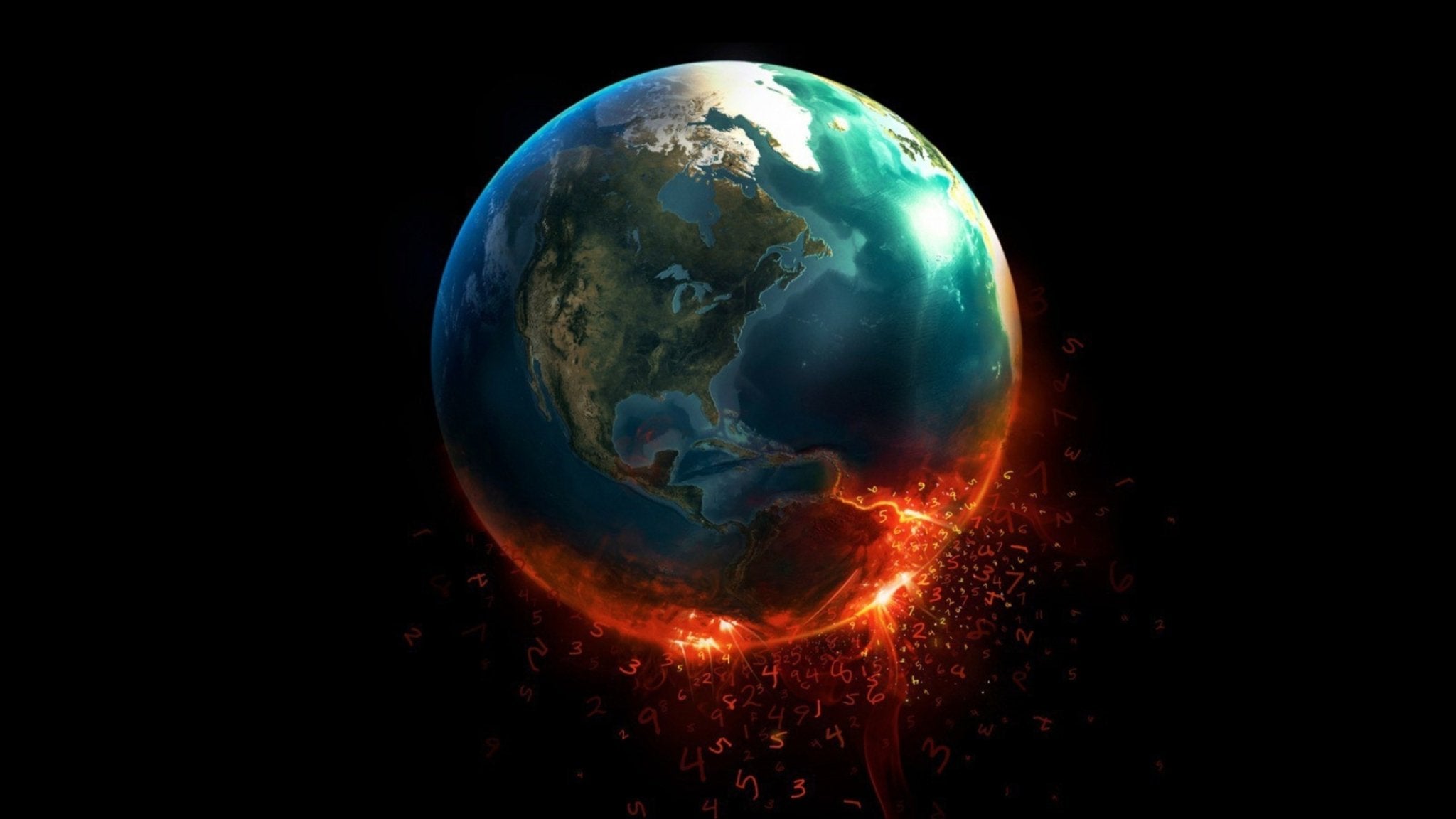
Truth is not to judge,
but to understand.
Below is a mirror of our times.
-

A divided society
Social networks and online platforms tend to show people not necessarily what is true, but what attracts the most attention.
As a result, everyone ends up living in their own version of reality, shaped by algorithms, emotions and selective information.
The growing sense of inequality and frustration deepens this divide.
People hold on to extreme opinions or familiar identities, searching for certainty in an uncertain world.
Without shared visions, values and trustworthy information, modern societies become fragmented, divided into smaller and smaller islands of belief.
When truth becomes relative, connection becomes impossible.
-

Growing inequalities
Inequality is breaking records in the 21st century.
3 examples for all:
1% of the richest own 82% of the planet's resources
1 person owns as much wealth as 125 countries on the planet
15 of the richest Czechs own as much as the 5 million poorest
Why does it matter?
The greater the inequality, the greater the sense of injustice, the more extremism and the lower the quality of life in all basic parameters.
Source: Global wealth reports and independent studies.
-

Teller curve
The development of technology is growing exponentially, faster than our collective ability to fully understand its long-term consequences for human life and nature.
Two main outcomes are emerging: increasing toxicity in modern society, and a gradual reversal of roles between humans and the tools we create.
Technologies that were originally designed to help and serve us often turn into things that we end up serving ourselves, bringing both progress and unexpected harm.
Examples include substances, systems and platforms that once promised convenience but later revealed their side effects.
The faster technology evolves, the more responsibility we need to evolve with it.
-

Technological disruption
We are close to the point where two parallel revolutions will intersect:
biotechnology and IT.
The goal of biotechnology is a detailed understanding of the functioning of human life.
The promise of the IT revolution is the ever-increasing computing capacity.
When these two revolutions intersect, the resulting "big data algorithms" will be able to monitor our feelings and understand them many times better than we understand ourselves today, and humans may become more influenced by algorithms than ever before.
-

Climate failure
In May 2019, humanity exceeded 415 ppm CO2 in the atmosphere.
The last time there was this much CO2, trees grew at the South Pole, ocean levels were 20 meters higher and it was 3-4 °C warmer.
That was 5.3-2.6 million years ago.
Humans did not exist then.
The limit for sustaining life as we know it is 350 ppm CO2. This was exceeded in 1988.
In 1989, the UN predicted a catastrophe if we did not address the issue of climate change.
NOAA data, UN report 1989
-

Nuclear threat
According to a bulletin from American nuclear scientists dated January 27, 2021, current nuclear risk is the highest in recorded history.
The time on the imaginary clock symbolizing the proximity of the disaster is measured in seconds for the first time since 2020.
-

Collapse of natural systems
Whether it is the disappearance of wildlife, the extinction of species, the dying of oceans, land degradation, melting glaciers, dwindling fresh water, the increase in waste, pollution and toxicity, or other symptoms, natural ecosystems are failing.
This catastrophe is a consequence of our separation from nature, which has become a bottomless refrigerator and a trash can for modern civilization.
-

Surveillance capitalism
Tech corporations collect behavioral data to optimize attention and engagement.
This information is often shared with third parties for commercial and analytical purposes.
With every additional layer of data collection, our digital dependency grows exponentially. -

The threat of digital dictatorships
The rapid expansion of AI allows unprecedented monitoring of citizens and data systems worldwide.
Some governments have already introduced digital scoring systems for citizens, raising ethical questions about privacy and freedom.
-

Lack of work
The rise of artificial intelligence is causing robots and algorithms to take over an ever-increasing range of human activities.
A large portion of jobs are disappearing before our eyes.
-

Precarization of work
Decent paid jobs with all social security are a thing of the past. "Agency", insecure, undignified paid work is increasing.
A new class of people is emerging, the so-called "Precariat" - insecure people, extremists.
In addition to the precariat, there are also the so-called Denizens, which is an increasingly numerous class of "superfluous" people without rights - people trapped in extreme poverty, homeless, migrants, who become dependent on social assistance from governments.
As a result, they are influenced by economic systems that prioritize profit and power.
-

Social networks
Social networks have become powerful tools for shaping opinions and spreading information, both real and false.
Unlike traditional media, online platforms are not bound by the same editorial responsibility. Anyone can publish anything, and personal interpretations of truth circulate freely under the label of “expression.”
As digital targeting improves, messages can be delivered with increasing precision, reaching exactly the emotions and groups they aim to influence.Social networks have become powerful tools for shaping opinions and spreading information, both real and false.
-

The loneliness epidemic
The global spread of neoliberal ideology, the commercialization of life, the ubiquitous appeal to performance, abundantly supported by advertising and media invocation of individual happiness with oneself, has brought an epidemic of loneliness in the modern world.
-

Global anomie*
Most children today can recognize the logos of the world’s biggest brands, yet very few are familiar with the moral or philosophical values that once shaped human culture.
*Anomie describes a state where rules and values lose meaning. In modern society, it reflects a deep erosion of shared moral foundations.
-

Tired democracy
Democracy thrives on stability. But as global instability grows, democratic values are under pressure.
In many places, systems that once represented the people now struggle with loss of trust and growing influence of large transnational powers.
Belgian author David Van Reybrouck called this state “Democratic Fatigue Syndrome” a symptom of societies losing connection with their original ideals.
-

Overpopulation
The pace of population growth helps explain many of today’s global challenges.
Someone born in 1948 entered a world of 2.3 billion people.
In 1971, it was 3.8 billion.
In 2010, 7 billion.
-

Pandemics
According to many scientists, large-scale deforestation, intensive farming and overexploitation of nature increase the risk of new infectious diseases spreading to humans.
The recent global pandemic reminded us how deeply our health depends on the health of ecosystems.
If we continue to destroy natural balance, new outbreaks may become even more frequent in the future.
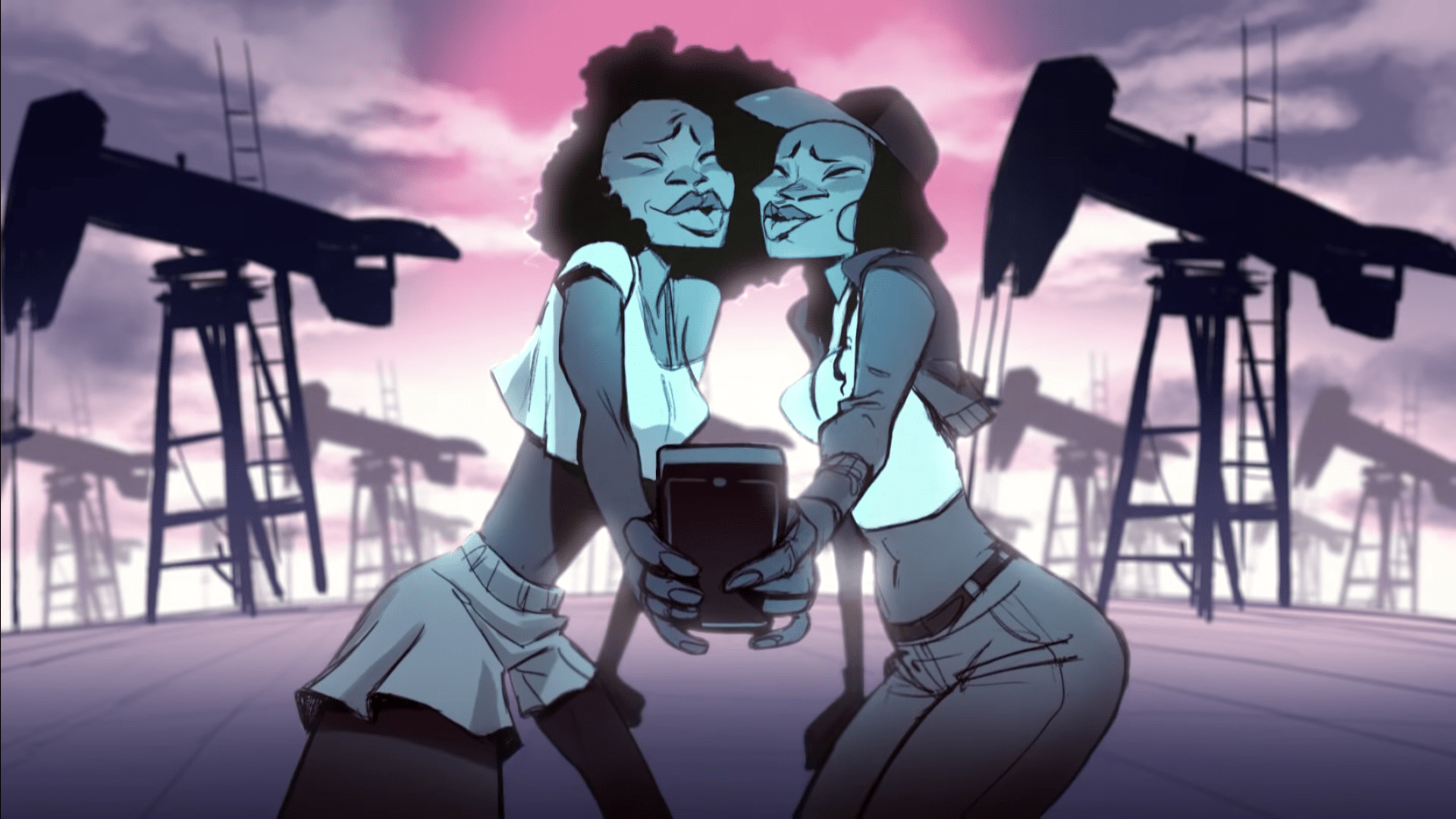
Easy times make weak people.
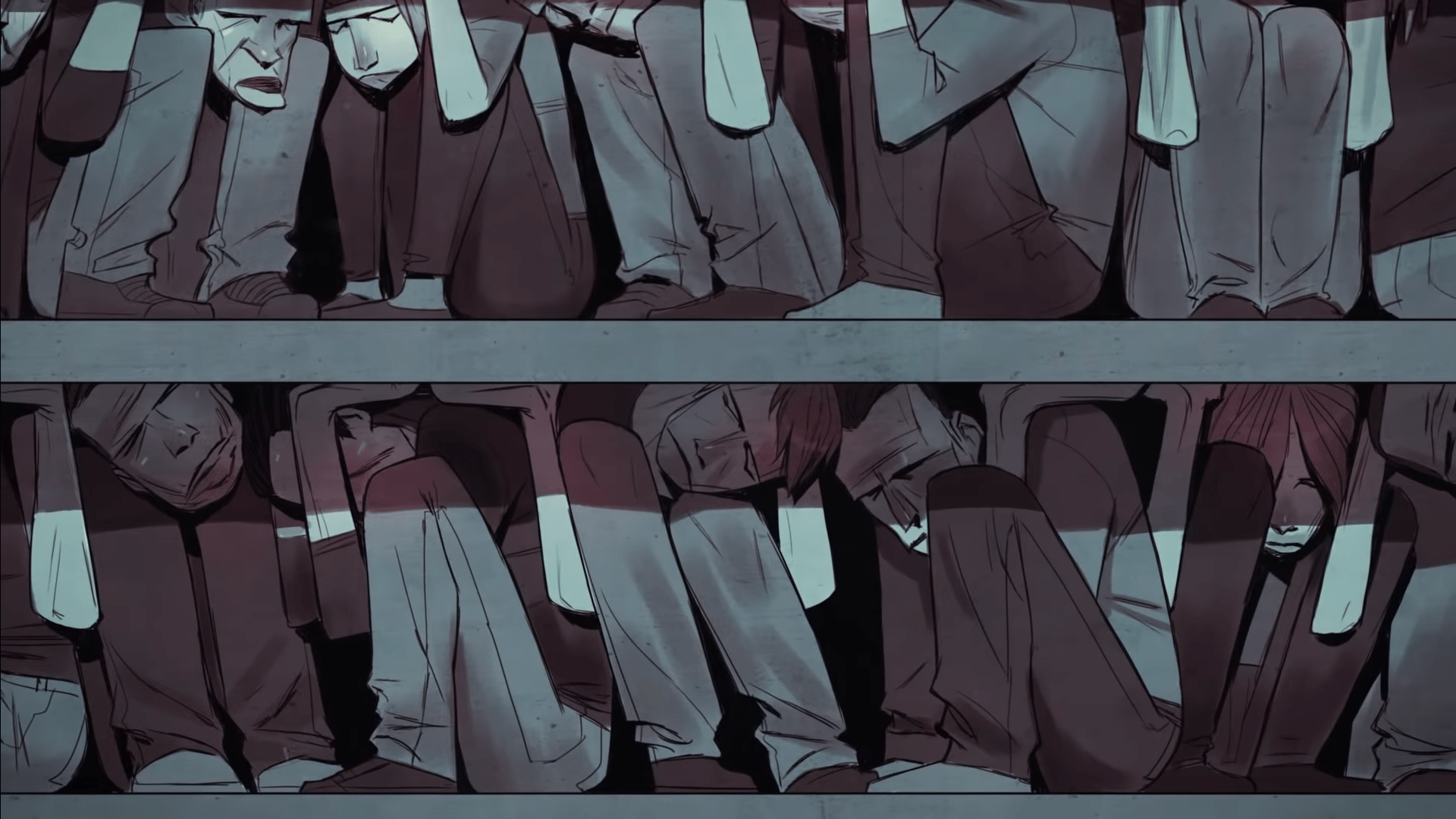
Weak people create hard times.
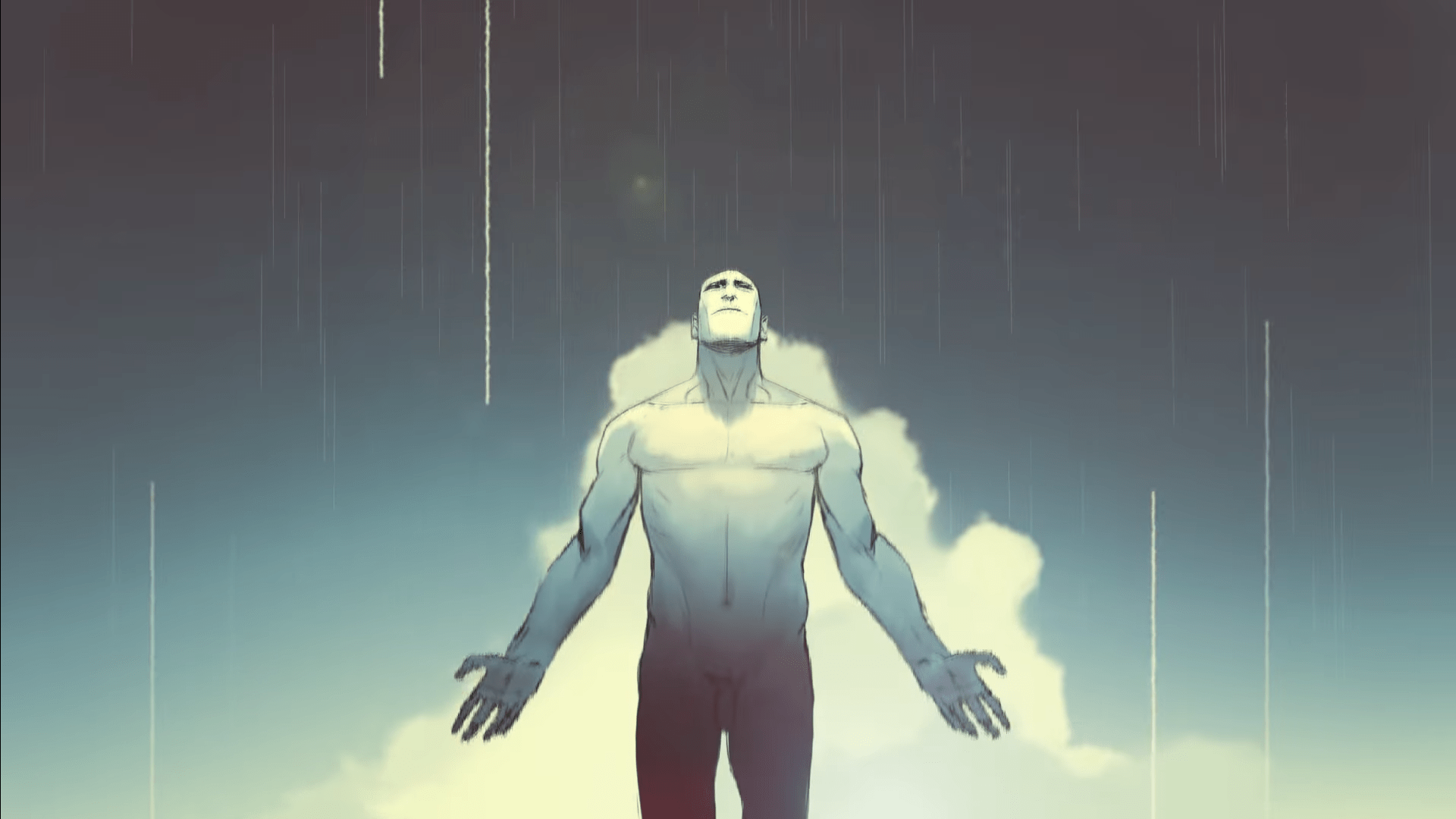
Hard times make strong people.
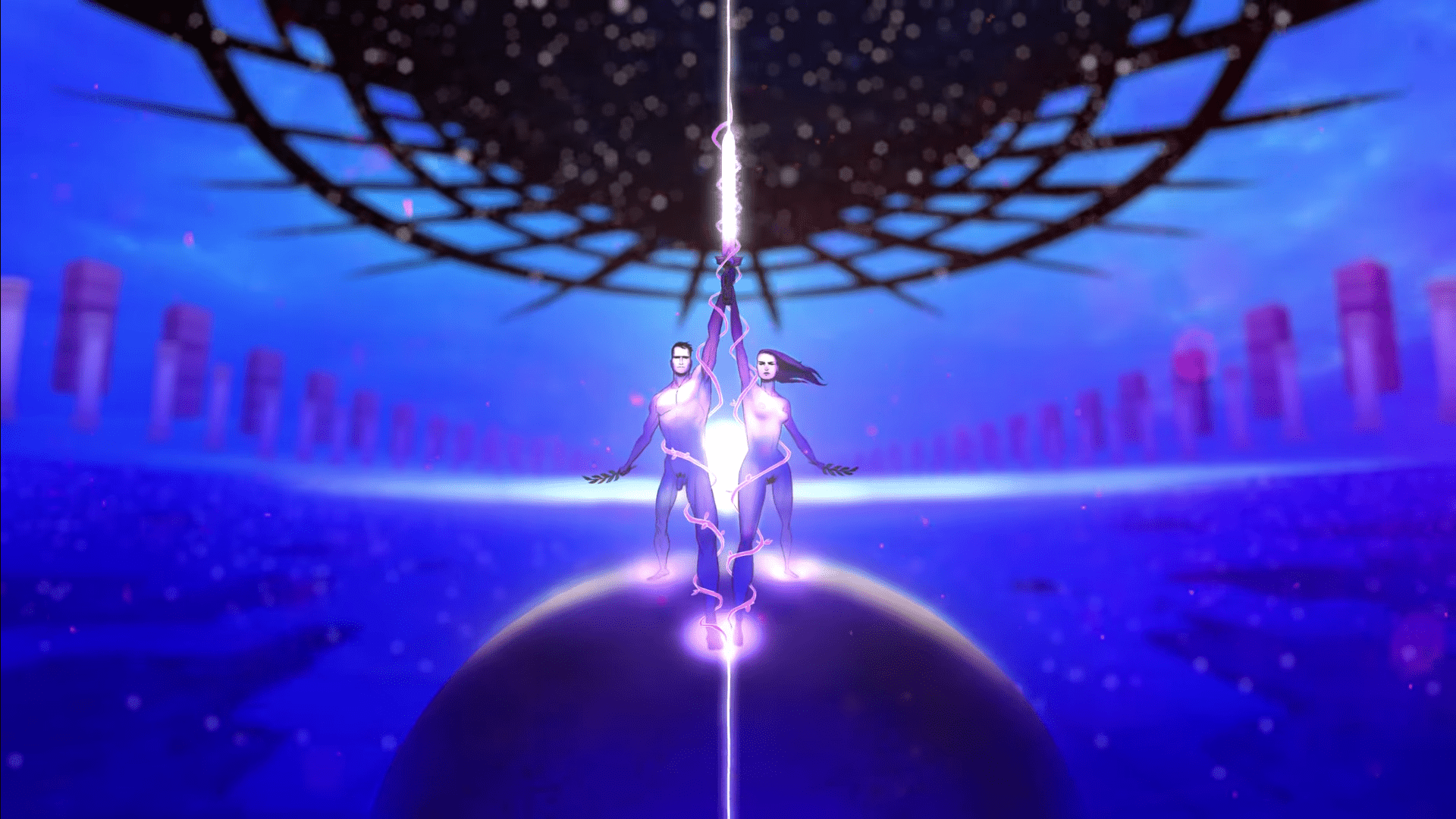
Strong people create easy times.
It's time to
harmonize the world.
Social change happens automatically
when we reach the tipping point of
16% of the population.
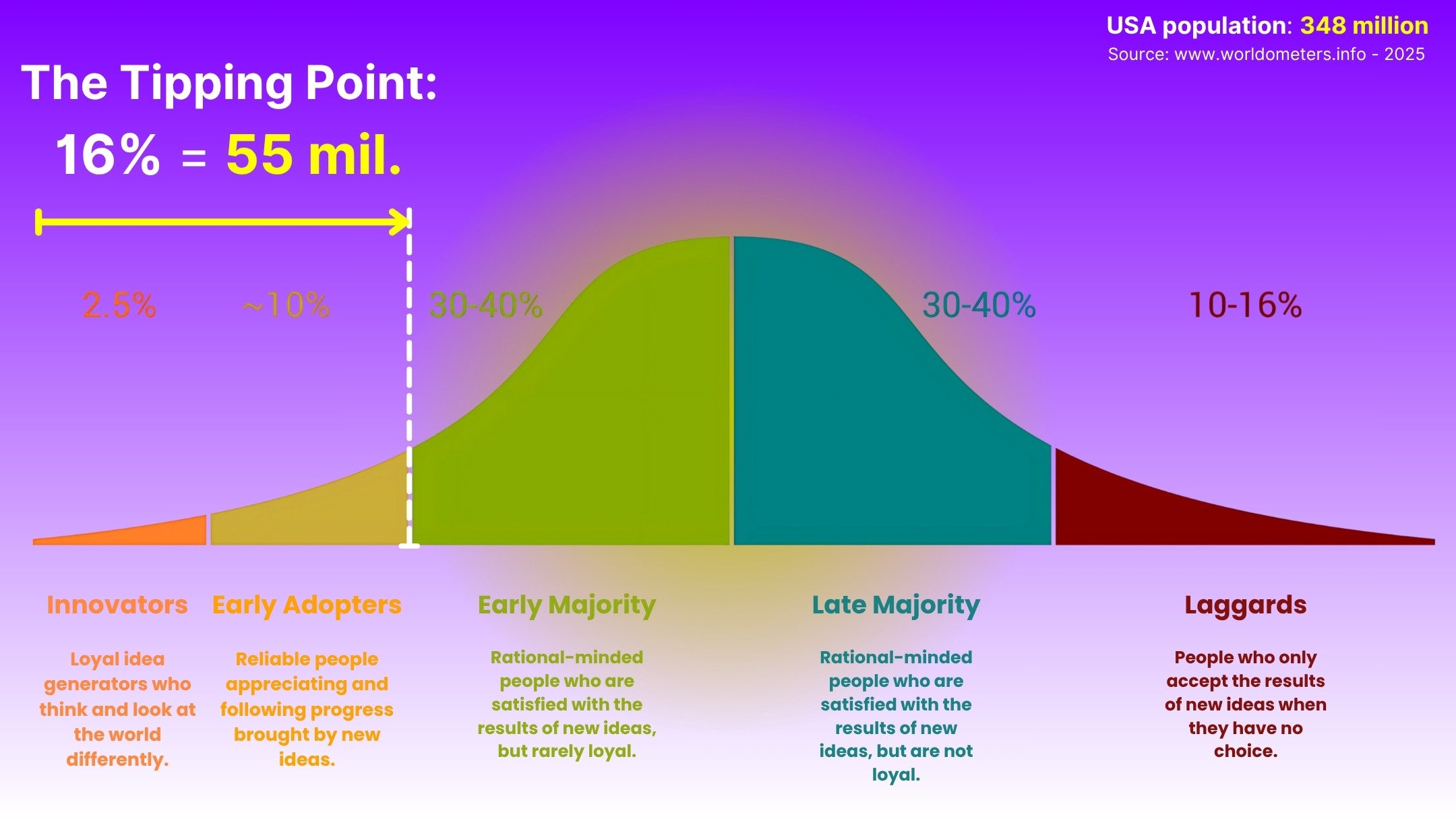
It's time to unite
Love RevoLutionaries
Right now,
there are 55 million people in the US
who want to live in Harmony.
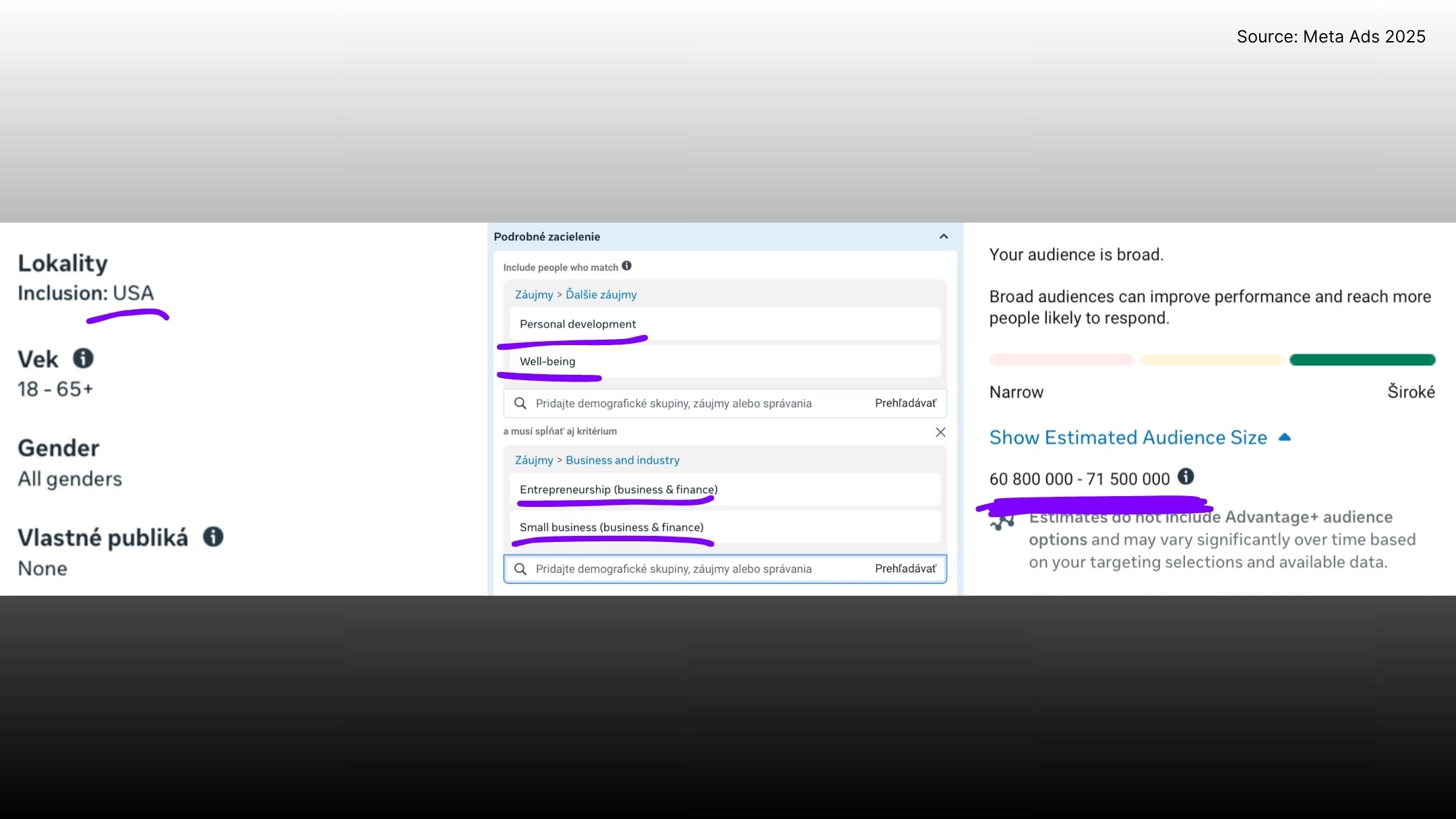
It's time to inspire
with our Harmony.
Brands have more
social influence than governments,
but uniting under RevoL is not enough.
We must also convince the general public
with evidence.
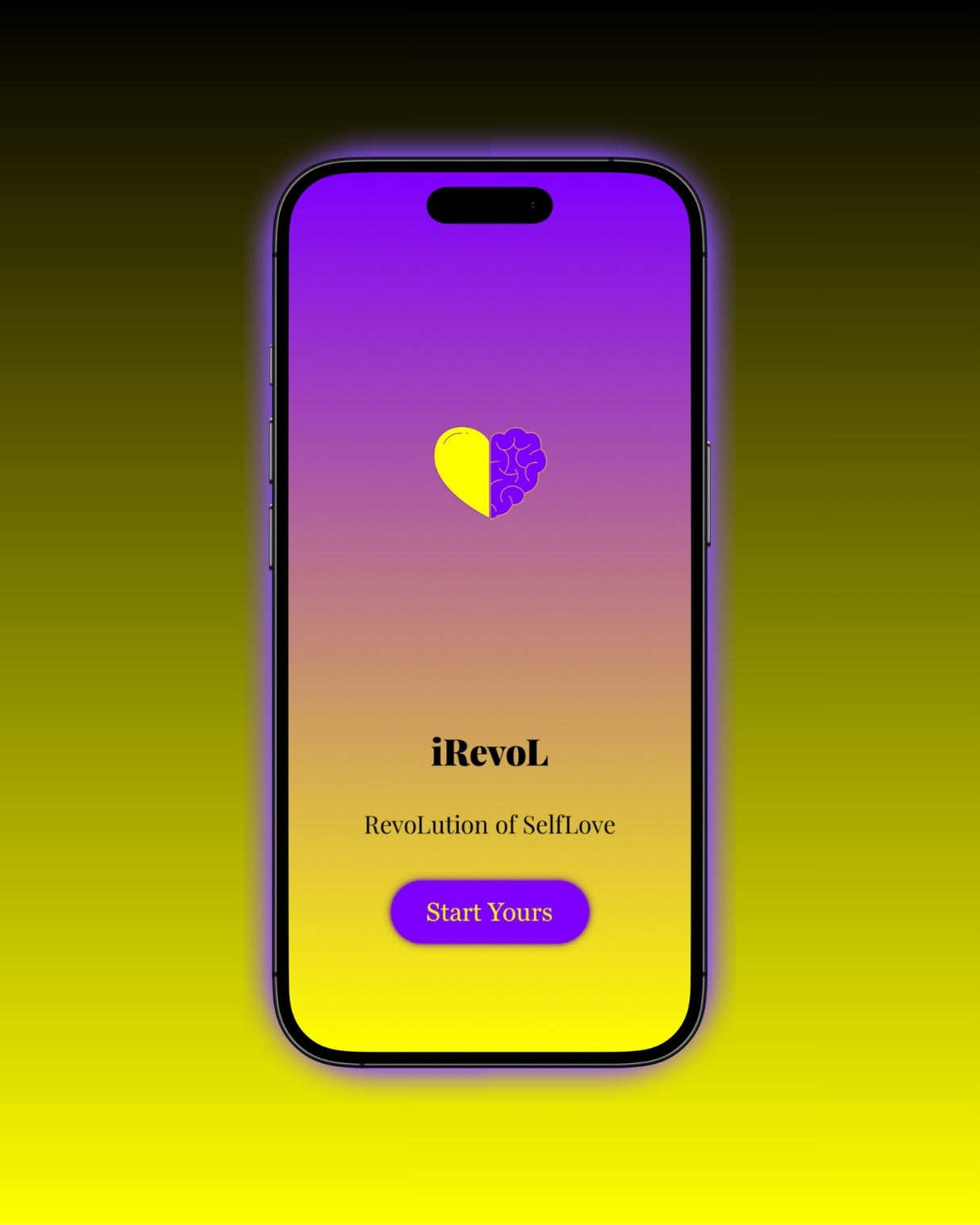
RevoLution of Love
begins with
RevoLution of SelfLove
Memento Mori.
Remember that you will die.
Not to be afraid.
But to remember that you can still live.
Differently. Meaningfully. In Harmony.
Yes, the world we live in is sick.
But recovery doesn't start with the system.
It starts with you.
This video will show you
why it's worth starting today.
I lived in disharmony
for over 32 years
and it almost
destroyed me.
As Viktor Nagy,
I was born (and almost died)
in the heart of Europe.
I was 28 years old and already tired of hard manual
labor that I was good at but didn't enjoy.
I wanted to finally make a living
doing what I was
born to do.
More↓
At 21 ,
I started my first business,
but I didn't make any money from it for 7 years.
I didn't have a positive family background
or a higher education,
but I believed
that I was destined to live differently.
So I spent all that time educating myself
and trying one project after another.
At 28, I finally succeeded.
While working as a furniture assembler.
I created a world-class product
that was
bought by over 100,000 people!
Except that the competition did
and I went bankrupt 5 years earlier.
Because I invested $50,000 in the project
I brought a new product to market,
but I "earned" a max of 500.
I worked with the best, but ended up in debt.
I was desperately trying to get the project
off the ground and not survive on
manual labor that I didn't enjoy.
I pushed it to the point where I slept in a tent.
I couldn't handle it in the winter,
so in my thirties, I moved to my parents.
I was so burned out, empty, and broken,
that I literally almost killed myself.
I looked at the open window
and my body jerked
toward it.
I didn't know it then,
but that's when
my SelfLove RevoLution began.
And now yours.
Find how >
Less↑

















